Scammers are aggressively promoting SuperFlow Glycogen Support, a product that’s raising numerous red flags. This so-called blood sugar helper is widely advertised across the internet, especially on social media platforms, as a miraculous solution for diabetes and blood sugar issues. However, don’t be fooled. The marketing behind this product is filled with false promises and deceptive practices.
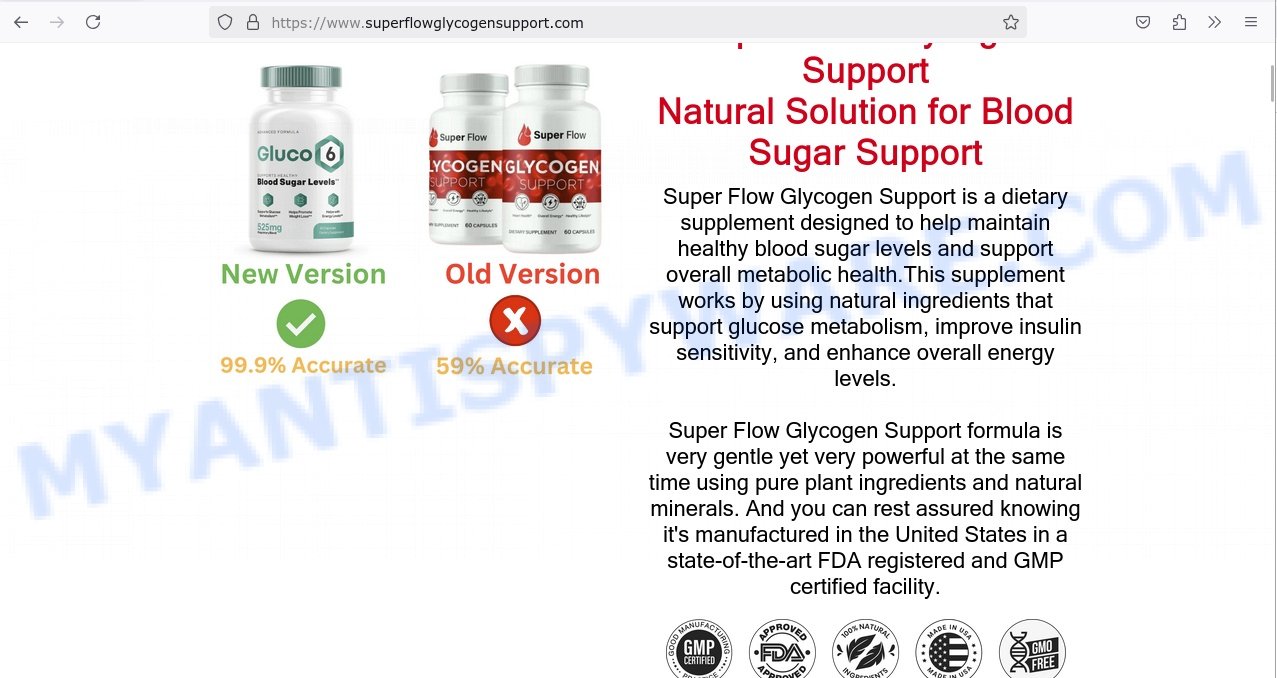
The promoters of SuperFlow Glycogen Support are utilizing fake celebrity endorsements, deepfake videos, and phony advertisements to lure in customers. They claim this supplement is a natural wonder for controlling blood sugar and even curing diabetes. However, there is no real evidence or scientific proof to back these claims. Additionally, the website superflowglycogensupport.com was registered recently and uses privacy services to hide the registrant’s information, making it difficult to verify the legitimacy of the company behind the product.
💡 If you’re considering buying SuperFlow Glycogen Support, think twice. It’s crucial to talk to a doctor before trying this or any supplement, especially if it’s advertised with unrealistic claims. Real health solutions should be based on medical advice, not fake ads. Protect your health and your wallet—stick to trusted treatments and advice from healthcare professionals.
Table of Contents
🚨 Is SuperFlow Glycogen Support a Scam?
SuperFlow Glycogen Support is marketed as a revolutionary blood sugar support supplement, but these claims are unrealistic and align with typical deceptive marketing tactics often used to mislead vulnerable consumers.
Key Red Flags:
- 🌐 Unrealistic Health Claims: The product promises to balance blood sugar levels, manage diabetes, and improve overall metabolic health without presenting credible scientific evidence or verifiable clinical studies. Such grand claims are highly suspicious.
- ⭐ Fabricated Testimonials: Advertisements feature overly positive reviews and fake celebrity endorsements to boost credibility. Many “customer reviews” appear staged or entirely fabricated, designed to mislead consumers into trusting the product’s effectiveness.
- ⚖️ No Substantiated Ingredients: While the product lists ingredients like turmeric and cinnamon, there is no reputable research presented to back its health claims. The lack of legitimate evidence supporting the formula’s purported benefits is a major red flag.
- 🛠️ Overblown Marketing Claims: The website uses exaggerated terms like “natural solution” and “doctor-formulated” without offering proof of medical professional involvement or approval. It also claims FDA-registered manufacturing as if it implies FDA endorsement, which it does not.
- 🔒 Lack of Transparency: The promotional pages are newly created, with minimal contact information and no clear company details. The sites employ deceptive tactics like deepfake celebrity videos and mimic reputable news sources to trick people into believing the product is legitimate.
In summary, these red flags confirm that the product is designed to exploit consumers seeking help with their blood sugar management. Customers are strongly advised to avoid this supplement and instead consult qualified healthcare professionals for legitimate, evidence-based solutions.
🕵️♂️ How the ‘SuperFlow Glycogen Support’ Scam Works
The scammers place ads on social media platforms like Facebook and Instagram, deliberately targeting individuals dealing with elevated blood sugar, prediabetes, or diabetes. They know these consumers are often seeking quick and natural solutions, making them more susceptible to exaggerated health claims.
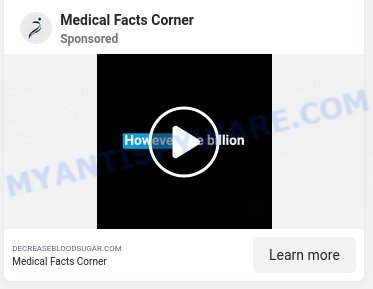
Once users click on these ads, they are taken to websites deliberately designed to mimic legitimate news outlets or reputable health sources. By copying logos, layouts, and writing styles, the scammers create a false sense of trust and credibility.

The fraudulent sites use videos and images of well-known public figures, such as TV hosts or medical experts, claiming they endorse or have tested the product. These endorsements are never genuine. They rely on deepfake technology, AI-generated voices, and digital manipulation to trick viewers into believing in the product’s authenticity.
The websites often feature bold headlines stating that the formula has the government’s blessing or that it’s manufactured in an FDA-approved facility. These statements are misleading at best. The FDA does not approve dietary supplements in the same way it does medications. Additionally, mentions of “limited time offers” and “selling out fast” are used to rush consumers into buying before they can investigate the product’s credibility.
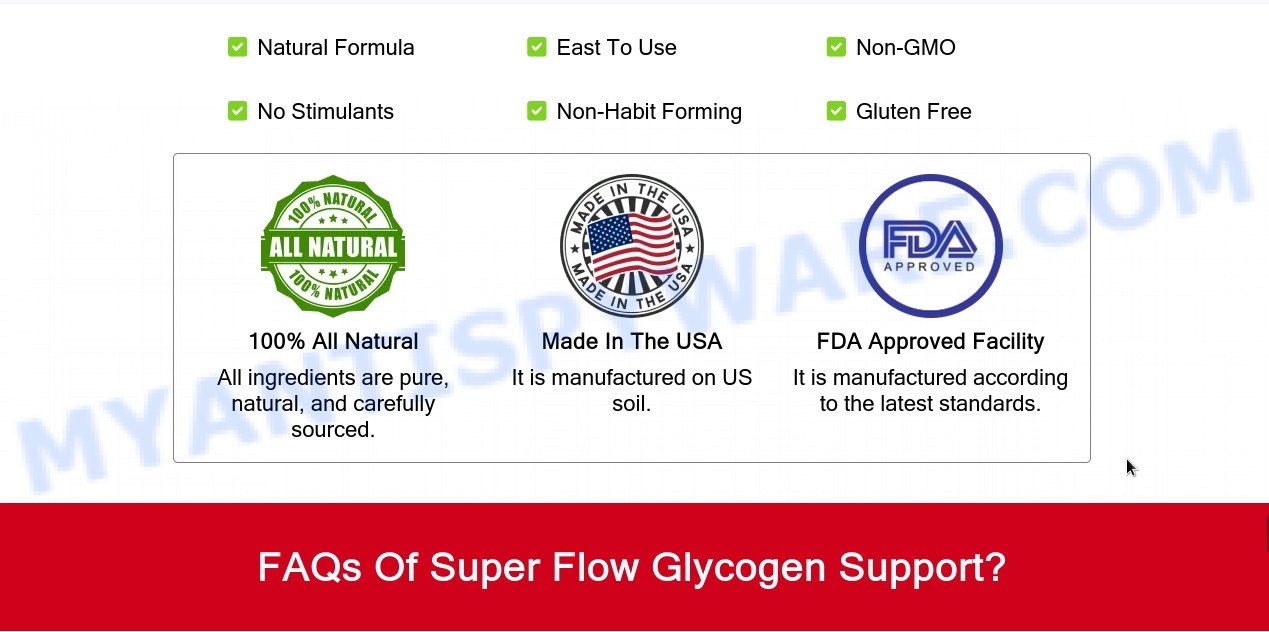
The scam sites include made-up customer testimonials and reviews. They show supposed users who claim the supplement helped them control their blood sugar levels or even eliminate their reliance on prescribed treatments. These stories are invented, designed solely to persuade readers into believing they have finally found a miracle solution.
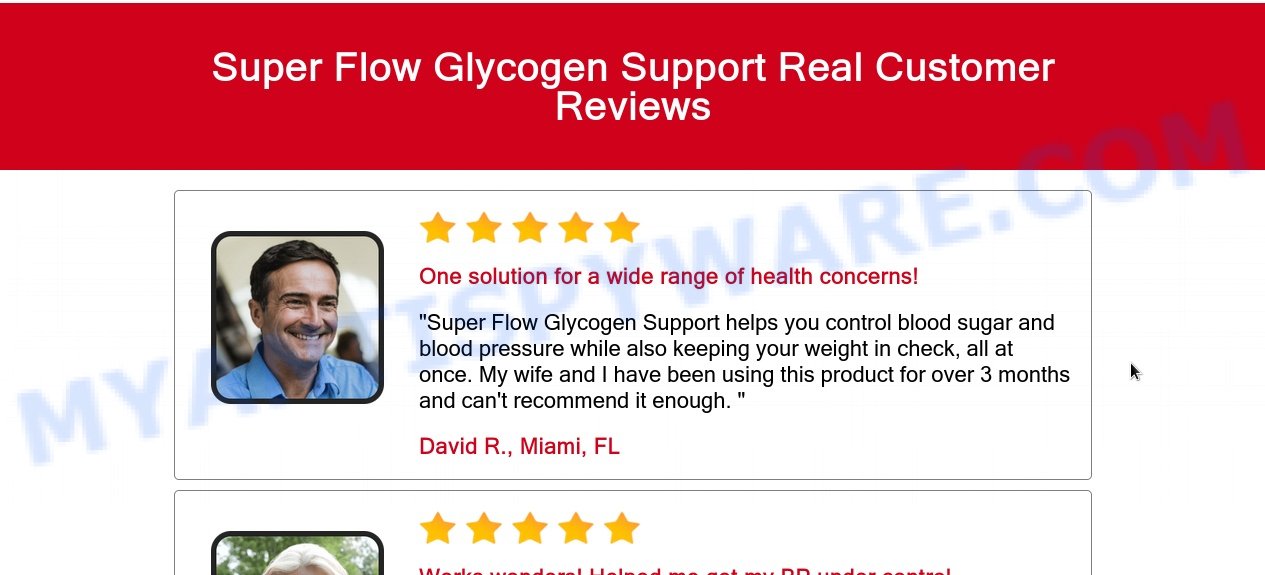
After convincing individuals to make a purchase, the scammers push them into buying multiple bottles under the guise of discounts and free shipping. Customers sometimes end up unknowingly enrolled in auto-ship programs, facing recurring charges and difficulties canceling. Attempting to reach the “company” for refunds often leads nowhere, as there is no accountable entity behind the product.
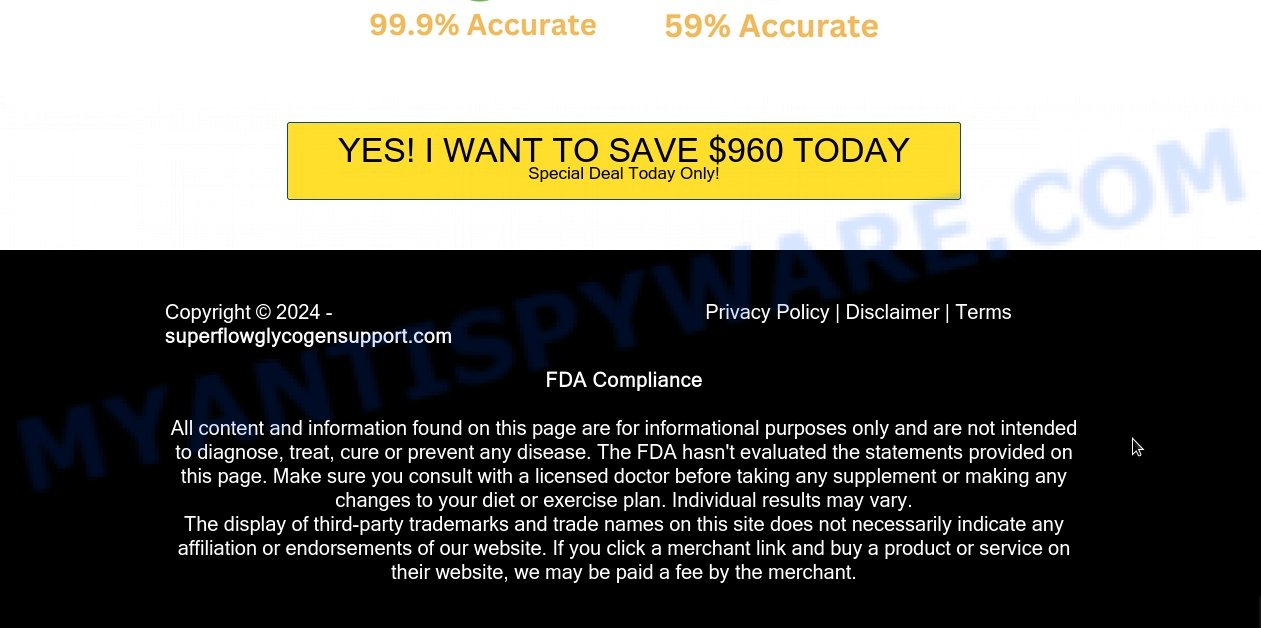
The scammers rely on flashy claims rather than scientific evidence. There are no published studies, reputable doctor endorsements, or clinical trial results provided. Consumers who buy the product find it either ineffective or never receive it at all, realizing too late they have been scammed.
This combination of misleading advertising, false credibility, rushed decision-making, and fake endorsements is how the SuperFlow Glycogen Support scam successfully ensnares unsuspecting consumers seeking legitimate health solutions.
🤔 Why Such Scams Are Possible
Quick Profit Motive
Scammers behind “SuperFlow Glycogen Support” are focused on making fast money. They rely on deception and exaggeration, fully aware that their claims may eventually be exposed, but counting on short-term gains before that happens.
Limited Oversight on Ad Platforms
Although social media platforms claim to moderate fraudulent ads, the sheer volume of advertisements allows dubious promotions for products like “SuperFlow Glycogen Support” to slip through. Scammers exploit these gaps to reach potential victims.
🧠 Human Psychology
The marketers pushing “SuperFlow Glycogen Support” understand that many consumers seek a quick, natural fix for managing health issues like blood sugar problems. These unrealistic promises can override critical thinking, making people more likely to believe false claims.
⚖️ Lack of Legal Consequences
These operations often span multiple countries, complicating legal action. The complexity of international jurisdictions makes pursuing scammers difficult, allowing fraudulent schemes like “SuperFlow Glycogen Support” to continue with minimal repercussions.
👤 Anonymity on the Internet
By using fake identities, temporary domains, and privacy services, those behind “SuperFlow Glycogen Support” remain hard to trace. This anonymity makes it challenging to hold perpetrators accountable and shut down their misleading campaigns.
💡 Beware of Similar Scams
It’s important to stay vigilant not just about SuperFlow Glycogen Support but also other products claiming incredible health benefits that may not deliver. Here are some similar products to be cautious of:
Blue Vibe CBD Gummies Scam
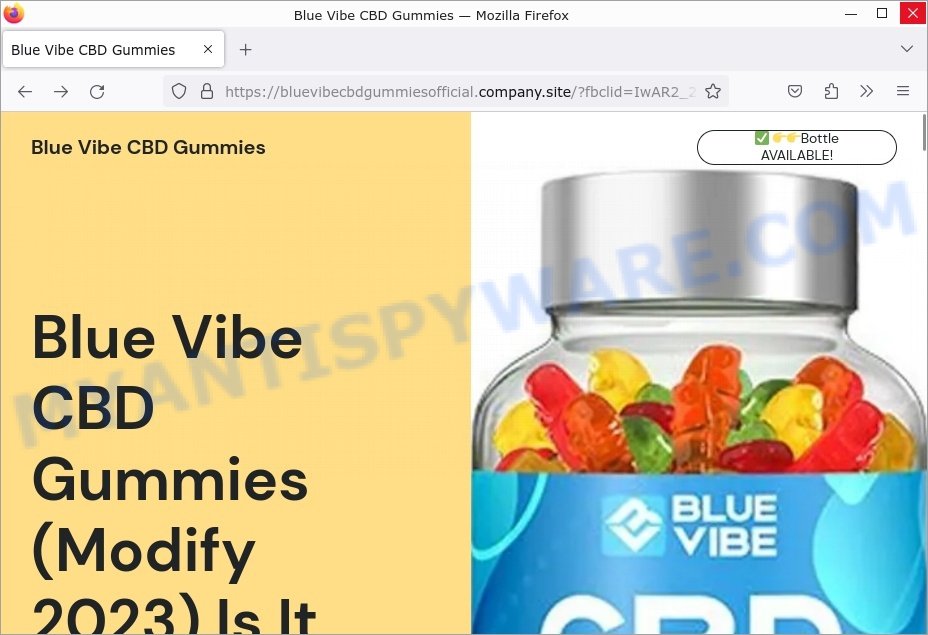
The Blue Vibe CBD Gummies Scam targets individuals seeking natural remedies for various health issues. This scam leverages the popularity of CBD products by making exaggerated claims such as curing chronic pain, eliminating anxiety, and providing significant mental health benefits without any scientific backing. Often, these gummies are marketed with fake certifications and misleading ingredient lists, making it difficult for consumers to verify their legitimacy. Additionally, the use of manipulated customer testimonials and aggressive marketing tactics, like limited-time discounts, further entrap unsuspecting buyers into purchasing ineffective and overpriced products.
Kelly Clarkson and Dolly Parton Weight Loss Scam
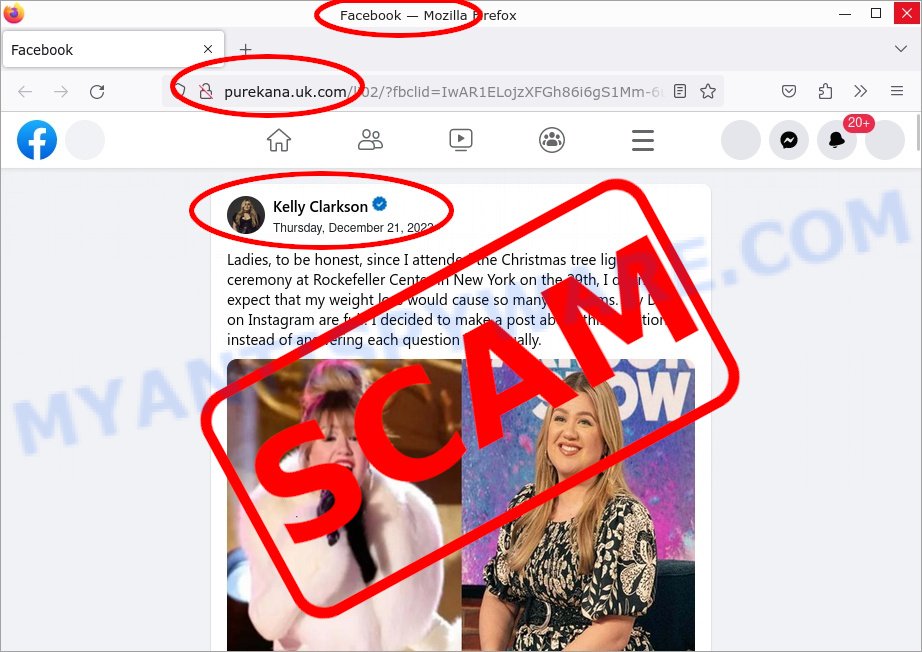
The Kelly Clarkson and Dolly Parton Weight Loss Scam falsely claims endorsements from these beloved celebrities to promote a miracle weight loss solution. By leveraging the fame and trust associated with Kelly Clarkson and Dolly Parton, scammers create a deceptive sense of credibility and legitimacy. These scams typically promise rapid and effortless weight loss through unverified supplements or programs, often accompanied by fabricated testimonials and doctored images of the celebrities. Consumers are lured in with attractive before-and-after photos and persuasive marketing messages, only to find that the product offers no real benefits and may even pose health risks.
These products share common red flags:
🚩 False Science: They use scientific-sounding language that lacks credible backing.
🚩 Fake Reviews: Customer testimonials often seem scripted and too good to be true.
🚩 Pressure Tactics: Limited-time offers and countdown timers urge quick purchasing decisions.
🚩 Unclear Contact Information: They provide an email or an address often linked to fraudulent activities.
😱 What to Do If Scammed
If you find yourself ensnared by the SuperFlow Glycogen Support Scam, immediate action is crucial. Here’s what you should consider doing:
🛑 Stop Further Transactions
The first step is to halt any additional transactions that might be in process. Contact your bank or credit card provider and inform them that you’ve fallen victim to a scam. They can help by blocking the card or reversing any unauthorized transactions.
📞 Report the Fraud
File a report with your local police and provide all the available evidence, such as screenshots, emails, and website URLs. Additionally, report the scam to online portals like the Better Business Bureau (BBB) at www.bbb.org or the Federal Trade Commission (FTC) at reportfraud.ftc.gov. If you’re in another country, reach out to your national consumer protection agency.
💻 Take Screenshots
Before the scam website gets taken down or changes, make sure to capture screenshots of your transactions and communications. These can serve as evidence if you decide to pursue legal action.
⚖️ Consult Legal Advice
Speak to a legal advisor about your situation. While pursuing legal action may be time-consuming and costly, it could be a possible avenue for recovering your lost money.
📢 Share Your Experience
Use social media platforms to share your experience and warn others about the scam. Your story could prevent someone else from falling victim to the same or similar scams.
Summary Table
| Factor | Observations | Impact on Legitimacy |
|---|---|---|
| Product Description | Advertised as a natural dietary supplement for blood sugar support, claiming to regulate blood sugar levels, improve insulin sensitivity, and enhance energy using ingredients like turmeric, cinnamon, goji berry extract, and olive oil extract. | Negative (Exaggerated health claims without substantial scientific backing) |
| Reviews | Displays seemingly positive reviews on the official website that lack verification on independent platforms such as Trustpilot or Google Reviews. Potentially fabricated testimonials. | Negative (Lack of authentic, verified reviews) |
| Marketing Channels | Heavily promoted through social media ads on Facebook and Instagram using high-pressure sales tactics like limited-time offers, deepfake endorsements, and AI-generated testimonials from public figures. | Negative (Aggressive and deceptive marketing strategies) |
| Price | Sold at $39 per bottle with claims of saving up to $960 through bulk purchases and high discounts. The pricing strategy appears significantly inflated compared to similar legitimate supplements. | Negative (Excessive markup and misleading discount claims) |
| Real Functionality | Claims to support blood sugar regulation and metabolic health without providing concrete evidence or clinical trial data. Ingredients have limited efficacy in isolation for managing conditions like diabetes. | Negative (Misrepresentation of product effectiveness and lack of scientific validation) |
| Company Contacts | Minimal contact information with registrant details obscured using privacy services. Lack of transparent customer support channels. | Negative (Opaque business practices and questionable support) |
| Product Source | Manufactured in the USA in an FDA-registered and GMP-certified facility, but no evidence of independent testing or third-party certifications to verify claims. | Negative (Claims of legitimacy not substantiated by independent verification) |
| Safety Claims | No specific safety claims made, but the use of natural ingredients is emphasized to imply safety. Lack of detailed information on potential side effects or interactions with medications. | Negative (Insufficient information on safety and potential risks) |
| Website Transparency | The website employs tactics like urgent purchase prompts, limited stock alerts, and vague disclaimers. Whois information indicates recent domain registration with privacy protection. | Negative (Low transparency and potential indicator of a scam) |
| Refund Policy | Offers a 60-day money-back guarantee, but reports suggest difficulties in obtaining refunds or canceling subscriptions, indicating possible exploitation of consumers. | Negative (Unreliable refund policy and customer dissatisfaction) |
Conclusion
The SuperFlow Glycogen Support is a scam, delivering far less than promised. It is marketed as a natural and effective blood sugar support supplement but is actually an overpriced, ineffective product with misleading claims. The website employs high-pressure sales tactics and features customer reviews that appear fake and deceptive. Additionally, the site provides vague and possibly unreliable contact information. These are all classic signs of a deceptive product.
Bottom Line: Avoid SuperFlow Glycogen Support. Always research thoroughly before purchasing, especially for supplements claiming significant health benefits at prices that seem too good to be true. 🛡️
Stay sharp and think critically; if an offer seems too perfect or the details appear unclear or false, it’s likely a scam. 🤔

















